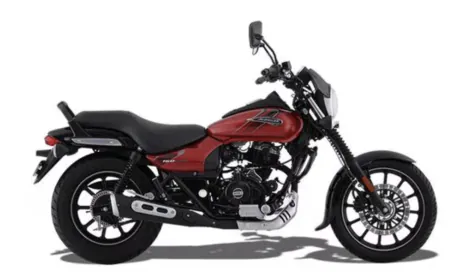'Y Chromosomes' are rapidly disappearing in men, the latest study surprised scientists
X and Y are two chromosomes that determine the sex of the baby. A new study suggests that the Y chromosome that makes boys different from girls is slowly vanishing (Y Chromosome Vanishing) and may be completely eliminated in the future. This may mean that only girls will be born in the future!

A new study says that the Y chromosome is fast shriveling. In such a situation, some questions must be hitting your mind, such as what would happen if this genetic change actually materializes? Will a new chromosome decide to be male or other reproductive mechanisms develop? Scientists fear this can also pose a threat to the very future of the human race. Let's explore.
In fact, two years ago, a research paper was published telling how a new gene has developed in a particular species of rat, spiny rat, that has decided to be a male.
Scientists tell us that the Y chromosome which determines the development of men is shrinking and will come to an end in the future. This may sound like it's right out of a science fiction film, but it's actually true. There is a terrible fear that if that happens, then only girls will happen. The XY chromosomes of men make them male in their bodies but the disappearance of one Y chromosome makes them worry if it has the capability of creating new species of humans?
Professor Jenny Graves explained this with the example of the platypus. She wrote, "XY chromosomes in platypus are the same. This means that the X and Y chromosomes in mammals used to be the same until some time ago."
She further said, "In the last 160 million years, since the separation of humans and platypus, the Y chromosome has lost 900 to 55 important genes. That is, every 1 million years the Y chromosome loses 5 genes. If this continues at this pace, the Y chromosome will be completely extinct in the next 110 million years."
Professor Graves says "this study shows that a new sex-determining gene can develop in humans." However, it is not that easy. He further said, "Development of a new sex-determining gene can also be dangerous. It is possible that different types of sex-determining genes may develop in different parts of the world."
If this happens, then it is possible that after 110 million years, either there will be no humans left on earth or many different types of humans will be found, in whom the way of being male and female will be completely different.
For Latest News update Subscribe to Sangri Today's Broadcast channels on Google News | Telegram | WhatsApp







































.jpeg)




























































































